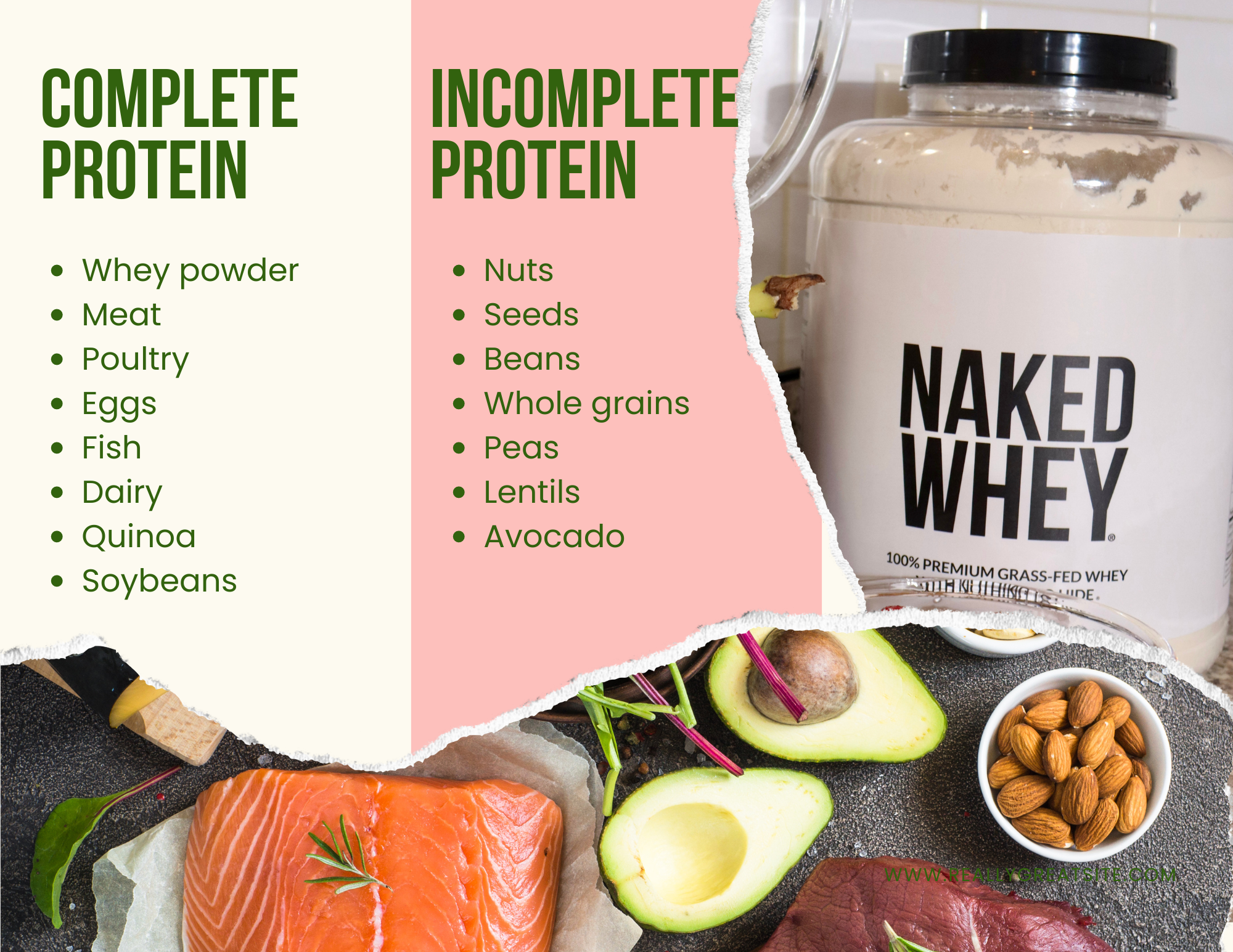Benefits of Whey Protein and How To Use It
By Marnie Kunz
In Partnership with Naked Nutrition
The benefits of whey protein are far-reaching, ranging from speeding up muscle recovery to curbing hunger and helping with weight loss. Whether you’re an athlete or just getting started in your fitness journey, whey protein is a useful tool that can help improve your health and fitness level.
But what is whey protein and how does it help people? This guide will break down the basics of whey protein, what it is, and how the benefits of whey protein can help you in your fitness journey.
What Is Whey Protein?
Whey protein is a complete protein.
Whey protein is a form of protein derived from milk. It is made from the watery portion of milk that separates from the curds during the cheese-making process. Whey protein is a complete protein, which means it contains all of the 9 essential amino acids that our bodies need.
Complete proteins are usually derived from animal sources and include dairy, meat, poultry, eggs, and seafood, as well as the vegetarian foods quinoa and soybeans.
Whey protein is derived from dairy and is a popular form of protein powder to help people boost their protein intake, especially when leading an active lifestyle. Whey protein comes in different flavors and forms, and my favorite brand is Naked Whey, which has very few added ingredients and has varieties made from grass-fed cattle milk.
Health Benefits of Whey Protein
There are many benefits of whey protein, including:
Offers all essential amino acids, making it an excellent form of protein that your body can break down and use for muscle functioning and repair.
Digests quickly. Whey protein digests more easily and quickly than many sources of protein.
Promotes muscle growth and recovery. Whey protein helps repair and build lean muscle tissue, making it a top choice for athletes and weightlifters. Whether you want to speed up your muscle recovery after a tough workout or build lean muscle, whey protein is a useful and legitimate tool that can help.
Curbs hunger. If you are often hangry or don’t feel full, whey protein can help. One of the main benefits of whey protein is that it helps you feel satiated so you don’t need to eat as much or walk around feeling hungry.
Helps with weight loss. Whey protein helps build lean muscle, and muscle tissue burns more calories than fat tissue, making it a helpful metabolism boost and weight loss aid.
Boosts antioxidants in the body. Antioxidants help fight chronic disease and the buildup of toxins in the body from pollutants and the environment. Whey protein has essential amino acids which aid in the production of glutathione, an important antioxidant that is produced in the body. Glutathione reduces oxidative stress in the body and can help fight chronic diseases.
Types of Whey Protein
Whey protein comes in three main types:
Whey protein concentrate (WPC) is the most common type of whey protein and is the most budget-friendly.
Whey protein isolate (WPI) is processed to remove all the fat and lactose and is usually at least 90 percent protein. Naked Nutrition Lemonade Whey Protein Isolate is a whey protein isolate that has no sugar and no fat.
Whey protein hydrolysate (WPH) is an easily digestible form of whey protein and is often used in medical and infant supplements.
How to Use Whey Protein
Whey protein can be a great way to boost your protein intake without added fat and sugar. I recommend finding a whey protein that is low in sugar and additives for maximum health benefits. Whether you are doing hard workouts or want to lose weight, whey protein can help you meet your fitness and health goals. Note that if you have any dairy allergies, you should not take whey protein.
For a boost of protein post-workout, have 20 to 30 grams of protein - including whey protein - within 30 minutes of your workout. You can make a whey protein drink or shake for a quick protein boost without having to cook up a whole meal. Post-workout whey protein will help your muscles recover more quickly and build lean muscle tissue, and you will curb your post-exercise hunger.
You can also have whey protein for a high-protein meal or snack. I do not eat meat and having a whey protein drink at lunchtime helps me get in my daily protein. If you’re an athlete or building muscle, you will need to consume a high amount of protein - usually about 1 gram of protein for each pound of lean body weight. Whey protein will help you meet your protein requirements without excess sugar and fat.
Check out my protein smoothie recipes and post-workout snack ideas for specific ways to incorporate whey protein into your healthy eating plan.
Have you tried whey protein? Comment below and share your fitness journey with me at Runstreet Instagram to get cheered on.😊
Related Posts: Protein Smoothie Recipes for the Best Workout Recovery, Blueberry Protein Pancakes Recipe, Post Workout Snack Ideas
Marnie Kunz is a NASM-certified personal trainer, USATF, and RRCA-certified running coach and the creator of Runstreet Art Runs, which bring together communities through running and street art. She is a Brooklyn resident, trainer, Akita mom, and writer. She enjoys running coaching, traveling, art, and eating messily. You can follow her running and training at @Runstreet Instagram.



